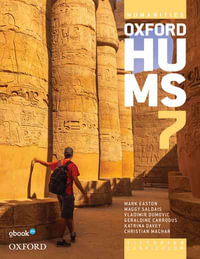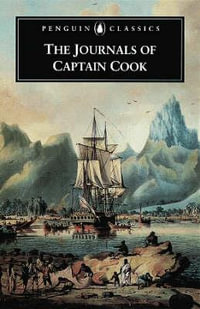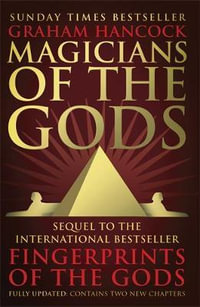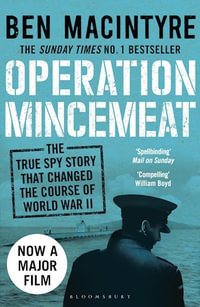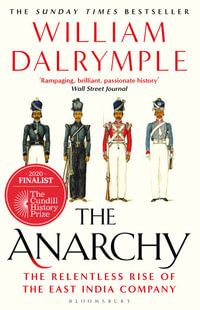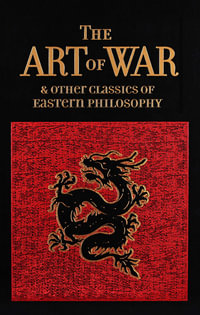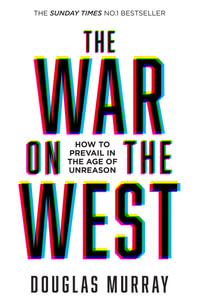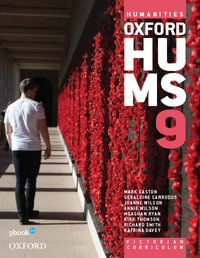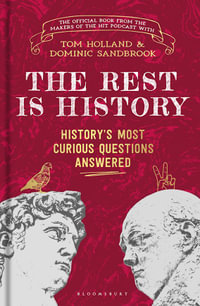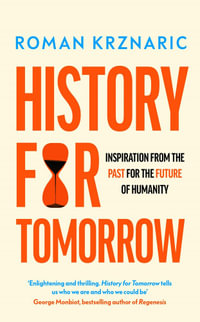Brittany offers an excellent example of a French region that once attracted a certain cultivated elite of travel connoisseurs but in which more popular tourism developed relatively early in the twentieth century. It is therefore a strategic choice as a case study of some of the processes associated with the emergence of mass tourism, and the effects of this kind of tourism development on local populations. Efforts to package Breton cultural difference in the late nineteenth and early twentieth centuries marked a significant advance in heritage tourism, and a departure from what is commonly perceived to be a French intolerance of cultural diversity within its borders. This study explores the means by which key actors - middle class associations, businesses, governmental bodies, cultural intermediaries - pursued tourist development in the region and the effect this had on Breton cultural identification. Chapters are arranged thematically and consider the rise of rural tourism in France and the preservation, display, and enactment of Breton culture in its most visible locations: the natural landscape of Brittany, Breton dress, early heritage festivals and religious Pardons. The final chapter explores the staging of Breton culture at the Paris World's Fair of 1937 and the roots of state-sponsored mass tourism. Beyond those interested in the history of French tourism, this study will also be invaluable to historians and social scientists concerned with understanding the dynamics involved in the emergence of mass tourism, its causes and consequences in particular locales in the present as well as in the past.
Industry Reviews
'... a book that stimulates as many intriguing questions as this one is a valuable one indeed. Young's suggestive-and empirically well-grounded-exploration of political, economic, and social uses of "culture" in one corner of France, as these shifted meaning across the decades of the Third Republic, will be of interest to a wide of array of scholars concerned with the history of tourism or heritage studies, as well as to historians of nineteenth- and twentieth-century France. Journal of Modern History' 'This is an exceedingly well-researched piece of scholarship, well-grounded in the primary sources and in secondary and theoretical works of relevance. The prose is clear and elegant and Young obviously understands how to render clearly the complicated evolution of notions of the region, tourism, and patrimoine in the nineteenth and twentieth centuries. This book successfully offers the regional specificity of older social histories while considering the discursive complexities we today expect of cultural history.' Stephen Harp, The University of Akron, USA '... [A] impressive, deeply researched study of the development of regional tourism in Brittany. ... What Young does demonstrate very well is that the very success of marketing Brittany's place particularity created a set of profound dilemmas that were not easily resolved. His epilogue reminds us that recent debates about the loss of place particularity in the face of globalization? and homogenization are not new. The call to preserve the local in the face of modernizing forces has a long history, and the tensions created by such preservation efforts are a constitutive aspect of modernity itself. These insights make Enacting Brittany a significant contribution to both the field of national and regional identity construction as well as the study of the history of tourism.' H-Net 'This book is an in-depth and well-supported study of tourism and its interactions with and effects on the Breton people and

